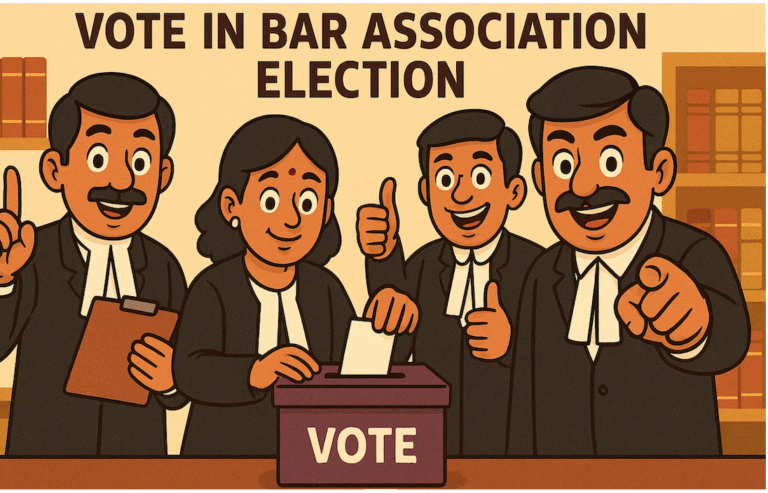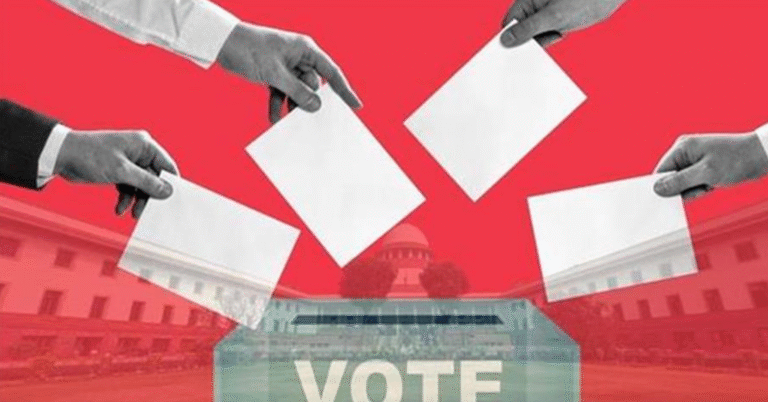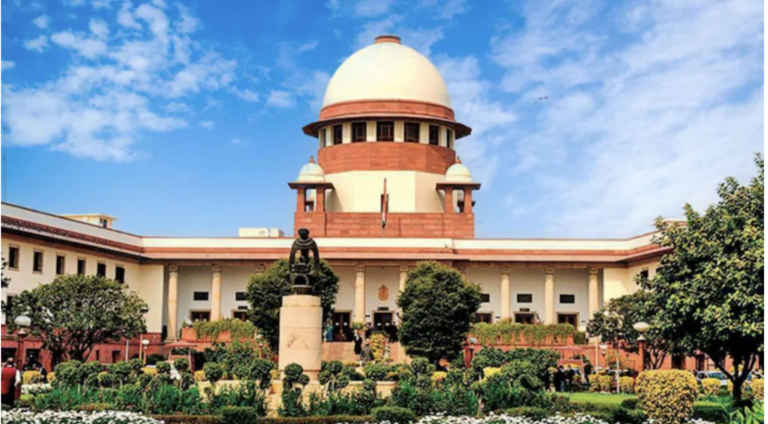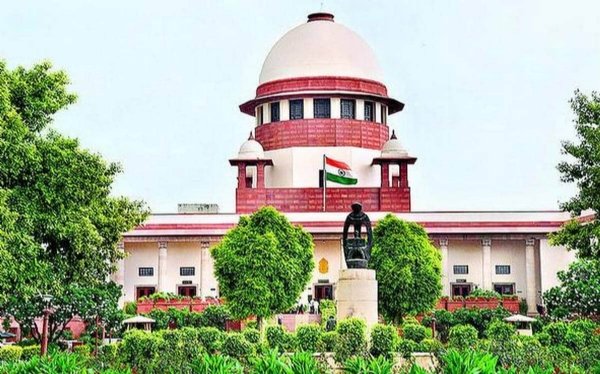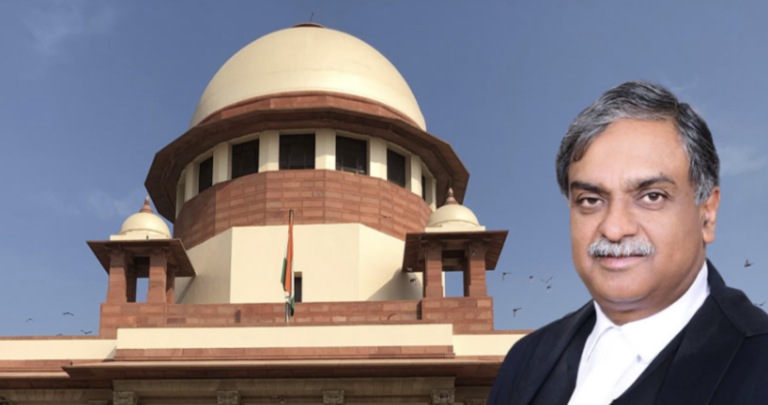Contempt petition filed against Dhruv Rathi, Rahul Gandhi and others for spreading false narratives

Their false narratives exposed from police reports.
Petitioner gave additional proofs of their other similar offences of spreading mis information, false narratives and conspiracy theories and their attempts to influence investigation and sub judice matters.
Amongst other accused there are Uddhav Thackrey, Sanjay Raut, Aditya Thackrey etc.
Dhruv Rathi is a habitual offender and have many times unethically distorted, outright lied, presented fake news, and even have gone so far as to twist and suppress the material facts and plead false claims to misinform millions of readers across the world
Mumbai: July 3, 2024 – A significant legal controversy has erupted as a petition has been filed against prominent YouTuber and social media influencer Dhruv Rathi. He is accused of spreading false narratives about the victory of Shiv Sena MP Shri Ravindra Waikar. This stems from a controversial Mid-Day news report, which alleged that the Electronic Voting Machine (EVM) used in the election was connected to a mobile device and hacked using an OTP.
The Mid Day report, initially causing widespread concern and debate, has since been discredited. The Mumbai Police and the Election Commission issued a comprehensive press note affirming that no such incident occurred and that EVMs are secure and cannot be connected to mobile devices. Following these clarifications, Mid Day retracted the report and issued a public apology for disseminating false information.
Despite these developments, Dhruv Rathi has neither issued an apology nor removed his related tweets and social media posts. This inaction has led to serious allegations against him, claiming that he interfered with the investigation and ongoing legal proceedings.
The petition asserts that Rathi’s conduct violates Section 2(c) of the Contempt of Court Act, 1971, constituting criminal contempt for interfering with administration of justice. Another charge is under sec Section 2(b) of the Contempt of Court Act, 1971, which is a civil contempt for disobeying directives from the Bombay High Court in the case of Nilesh Navalakha Vs. Union of India 2021 SCC Online Bom 56,. In above said case the court had explicitly warned against publishing news that could influence investigations and trial.
Additionally, the petition accuses Rathi of creating false evidence, which is punishable under Sections 192, 193, and 120(b) of the Indian Penal Code (IPC). These sections address offenses related to fabricating false evidence and conspiracy to commit an offense, respectively. The allegations suggest that Rathi’s actions were not isolated incidents but part of a broader effort to manipulate public perception and undermine the electoral process.
The case against Rathi is not isolated. Other notable figures, including Congress leader Shri Rahul Gandhi and former Maharashtra Chief Minister Shri Uddhav Thackeray, are also named in the petition. They are accused of spreading similar false narratives for political gain. The petition argues that these actions were orchestrated to serve their ulterior motives, potentially destabilizing the democratic process.
Allegations Of Intellectual Dishonesty:
The petition further claims that Dhruv Rathi is intellectually dishonest and has a pattern of spreading lies to influence investigations and sub judice matters. It highlights Rathi’s alleged history of producing content that supports particular political agendas while suppressing and twisting material facts.
A specific instance cited is Rathi’s video against Swati Maliwal, Chairperson of the Delhi Commission for Women, which was purportedly made to support Aam Aadmi Party member Vaibhav Kumar. This video, among others, allegedly demonstrates Rathi’s tendency to create sponsored content that presents a one-sided narrative, thereby misleading the public.
As the legal proceedings commence, the court will examine the extent of Rathi’s and the other accused’s involvement in spreading false information. The outcome of this case could have far-reaching implications for media and public discourse in India, emphasizing the need for accountability and integrity in reporting.
This development highlights the growing concern over misinformation and its impact on public trust and the democratic process. Legal experts and political analysts will closely follow the case, given its potential to set significant precedents in addressing the dissemination of false narratives and protecting the integrity of democratic institutions.
[Case Number: Mursalin Shaikh Vs. Dhruv Rathee, Criminal Writ Petition No. 13934 of 2024]

